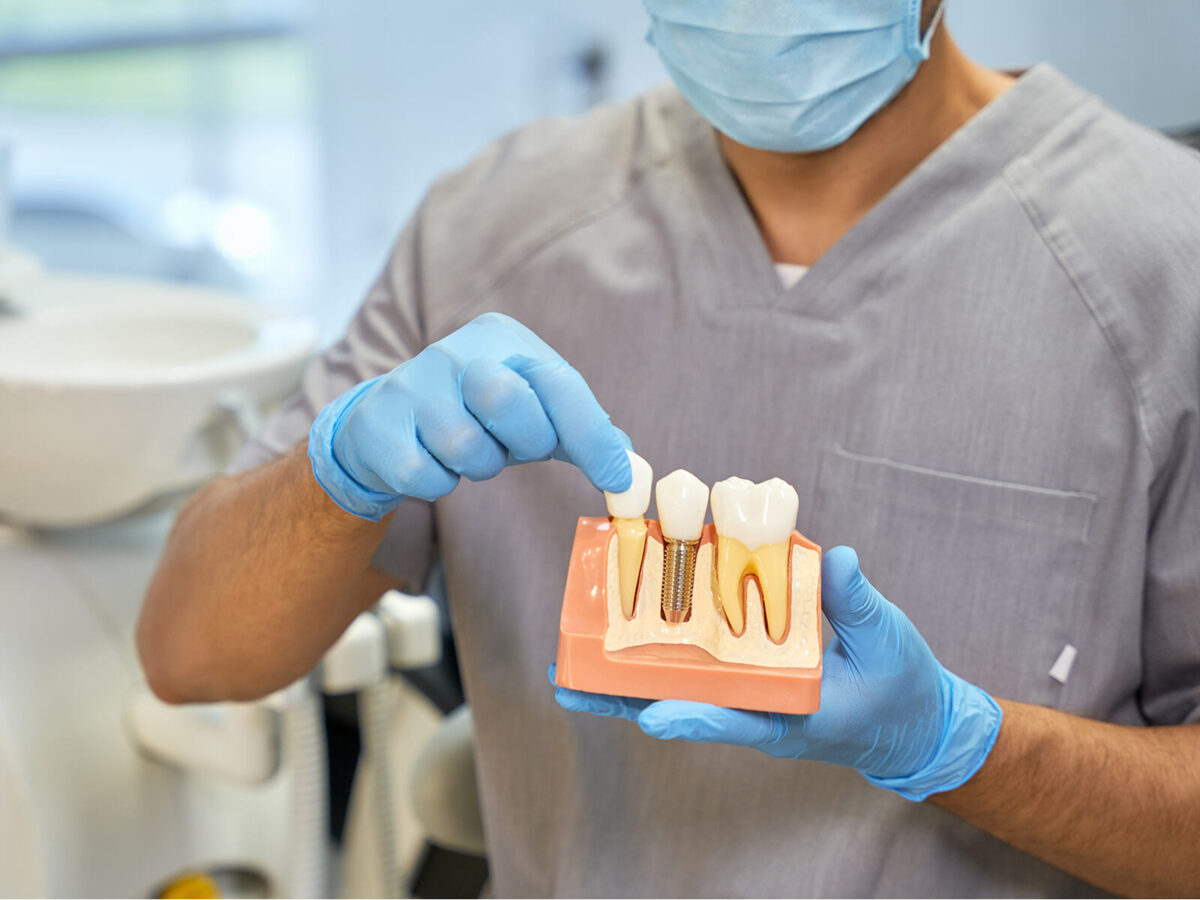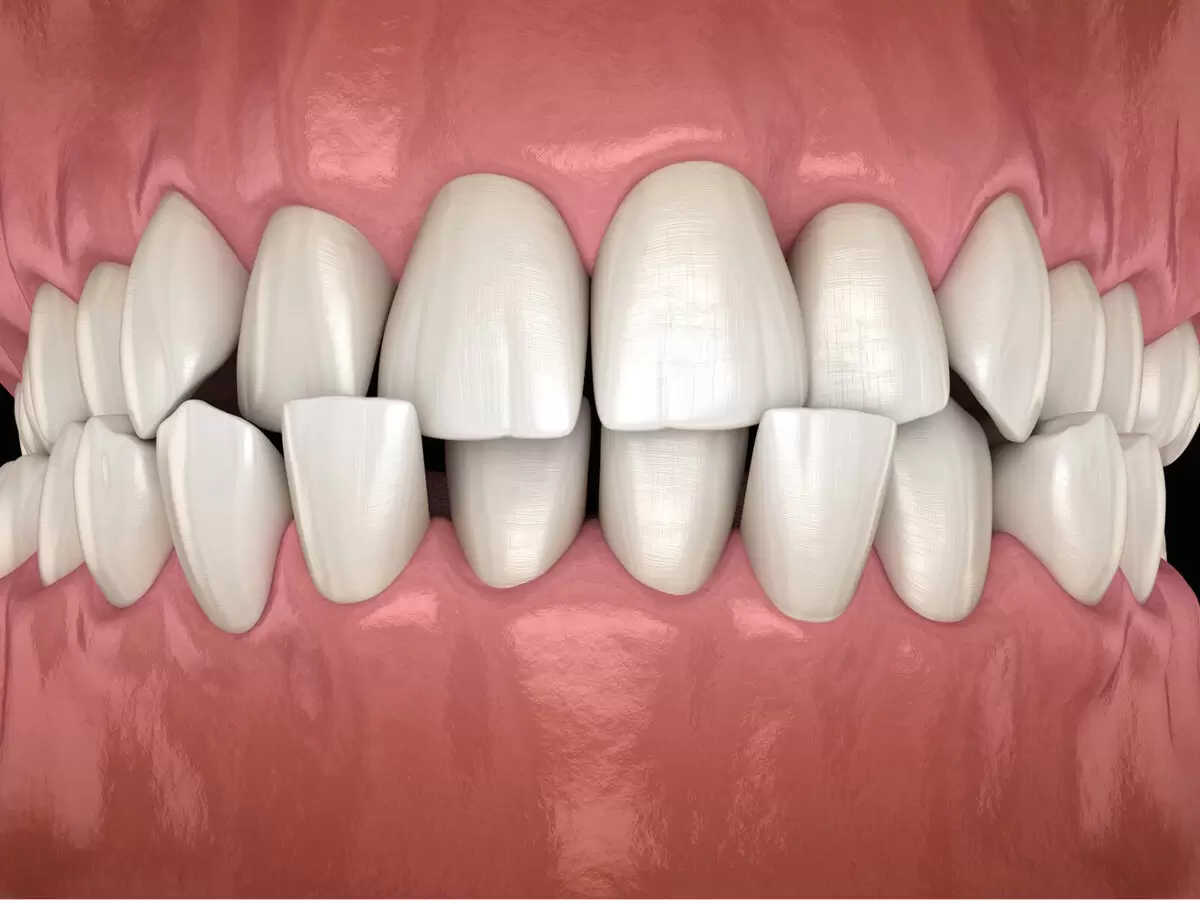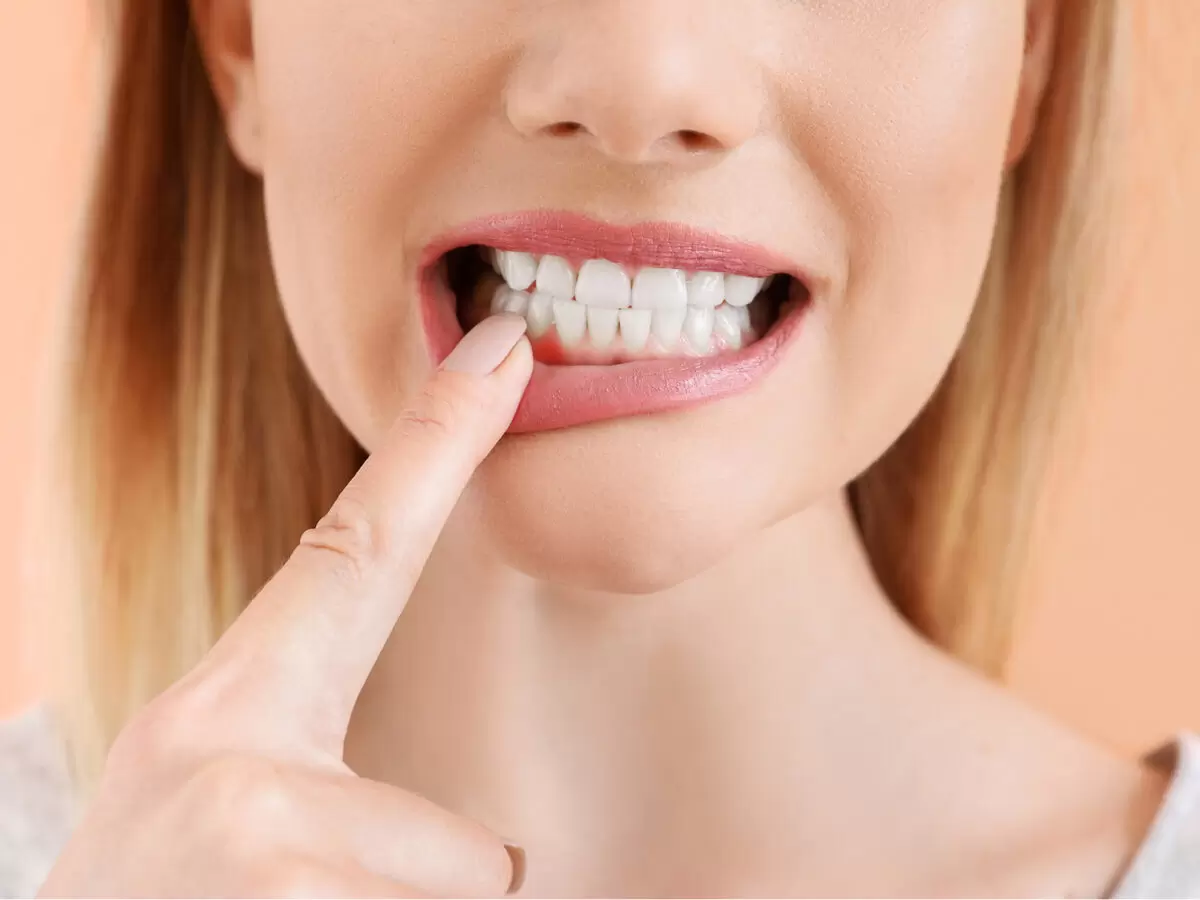Dental implants have revolutionized the field of restorative dentistry, offering a permanent solution for replacing missing teeth. But just how many teeth can be replaced with dental implants? In this informative guide, we’ll delve into the versatility of dental implants and explore the factors that determine the number of teeth that can be replaced with this advanced tooth replacement option.
Understanding Dental Implants:
Dental implants are artificial tooth roots made of biocompatible materials such as titanium. They are surgically placed into the jawbone to provide a stable foundation for replacement teeth, such as crowns, bridges, or dentures. Unlike traditional tooth replacement options, such as bridges or dentures, dental implants are anchored securely in the jawbone, offering unmatched stability and functionality.
How Many Teeth Can Be Replaced?
The number of teeth that can be replaced with dental implants varies depending on several factors, including:
- Jawbone Health: Sufficient jawbone density is crucial for supporting dental implants. In cases where the jawbone has deteriorated due to tooth loss or other factors, bone grafting procedures may be necessary to augment bone volume and enable successful implant placement.
- Location of Missing Teeth: Dental implants can be used to replace a single tooth, multiple adjacent teeth, or even an entire arch of teeth. The number of implants required will depend on the specific location and extent of tooth loss.
- Implant Technique: Various implant techniques, such as All-on-4 or All-on-6, allow for the replacement of multiple teeth or an entire arch with a minimal number of implants. These techniques maximize the use of available bone and streamline the implant process.
Benefits of Dental Implants:
- Natural Appearance: Dental implants closely mimic the appearance and function of natural teeth, providing a seamless and aesthetic smile restoration.
- Improved Functionality: With dental implants, patients can enjoy improved bite strength and chewing efficiency, allowing them to eat a wider variety of foods with confidence.
- Longevity: When properly cared for, dental implants can last a lifetime, making them a durable and cost-effective tooth replacement option.
- Preservation of Jawbone Health: Dental implants stimulate the jawbone, helping to prevent bone loss and preserve facial structure over time.
Conclusion:
Dental implants offer a versatile and effective solution for replacing missing teeth, whether it’s a single tooth or an entire arch. By considering factors such as jawbone health, the location of missing teeth, and the chosen implant technique, patients can achieve optimal outcomes with dental implant treatment. Consulting with a qualified implant dentist can help determine the ideal treatment plan for replacing missing teeth and restoring a natural-looking smile.






